Daesh leader 'killed in action', group announces, naming new chief
The Daesh Takfiri terrorist group says its leader Abu Hasan al-Hashimi al-Qurashi has been killed "in action".
Speaking in an audio message, a spokesman for the terrorist group Abu Umar al-Muhajir confirmed Qurashi’s death on Wednesday and introduced Abu al-Hussein al-Husseini al-Qurashi as his successor.
But he did not divulge further details on the date of his death or the circumstances surrounding it.
Turkish media said in May that Abu al-Hasan was caught during a raid at his hideout in Istanbul. He reportedly claimed he was made leader against his wishes.
Many, however, believe Abu al-Hasan was just a nom de guerre and the Takfiri group refrained from identifying the person behind the name.
Little is known about the terrorist group’s fourth chief since its inception in 1999 under Abu Bakr al-Baghdadi.
The previous leader, Abu Ibrahim al-Qurashi, was reportedly killed earlier this year in Idlib province in northern Syria. His predecessor Abu Bakr al-Baghdadi was killed, also in Idlib, in October 2019.
Daesh began a campaign of terror in Iraq in 2014, overrunning vast swathes in lightning attacks across the region. Iraq declared victory over the terrorist group in December 2017 after a three-year counter-terrorism campaign, in which the PMU, known in Arabic as Hashd al-Sha’abi, also played a major role.
The terrorist group was defeated in Syria two years later, under the leadership of top anti-terror commander Lieutenant General Qassem Soleimani. However, Daesh’s remnants keep staging sporadic attacks across Iraq, attempting to regroup and unleash violence in the Arab country.
Daesh has intensified its terrorist attacks in Iraq since January 2020, when the United States assassinated top Iranian anti-terror commander Lieutenant General Soleimani and the PMU’s deputy commander Abu Mahdi al-Muhandis near Baghdad International Airport.
Anti-US sentiments sharply increased in Iraq in the aftermath of the assassination, prompting Iraqi lawmakers to pass a bill – only two days after the terrorist attack – that required the Baghdad government to end the presence of all foreign military forces led by Washington.
The US was finally forced to end its “combat mission” in Iraq by the end of 2021, but Iraqi resistance groups say the Pentagon’s so-called advisory role has to end as well.
The US military has long been suspected of training and aiding Daesh and other terrorist groups in Syria and Iraq in their bid to destabilize both Arab countries, justify the deployment of troops in the areas and undermine local anti-Israel resistance forces.
Several captured Daesh terrorists have already confessed to their cooperation with US military forces stationed at al-Tanf in the central Syrian province of Homs in carrying out acts of terror and sabotage.
The US military has stationed forces and equipment in eastern and northeastern Syria, claiming that it aims at preventing the oilfields in the area from falling into the hands of Daesh terrorists.
5 Israeli forces killed as Palestinian fighters face up to regime’s war machine
VIDEO | Israeli settler killed during strike against Tel Aviv; fresh aggression targets Yemen’s capital
VIDEO | Yemen’s missile strikes on Tel Aviv
Iran to open 6 GW of new power capacity by next summer
VIDEO | South Korean rallies set the stage for battle over Yoon's impeachment
Hamas, other Palestinian groups say Gaza ceasefire deal ‘closer than ever’
VIDEO | Press TV's news headlines
Iran condemns ‘violent’ attack on Christmas market in Germany


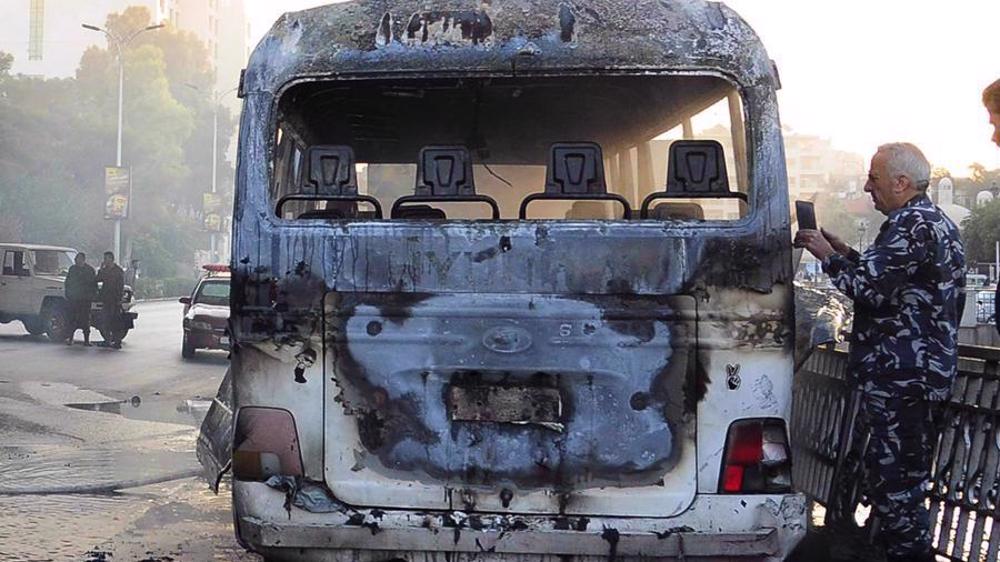
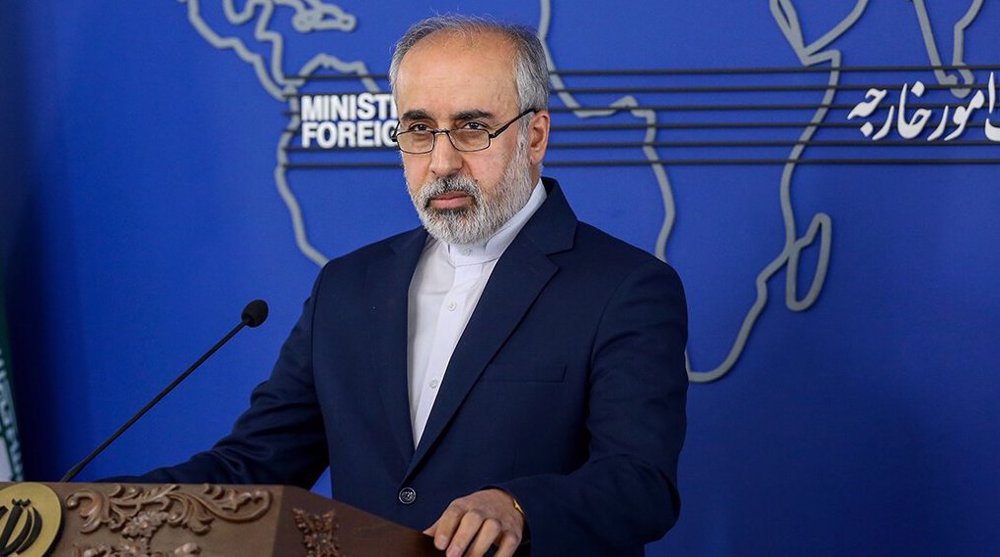






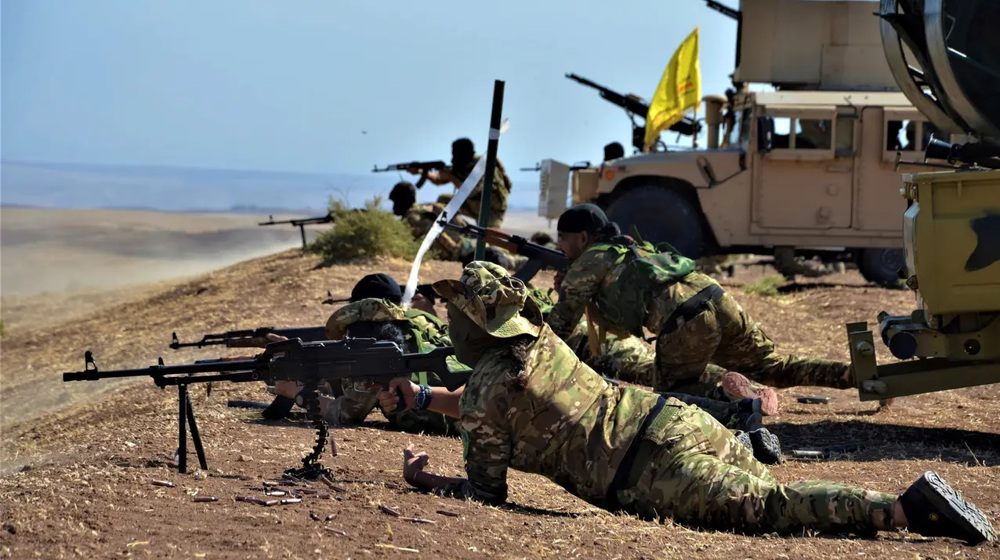
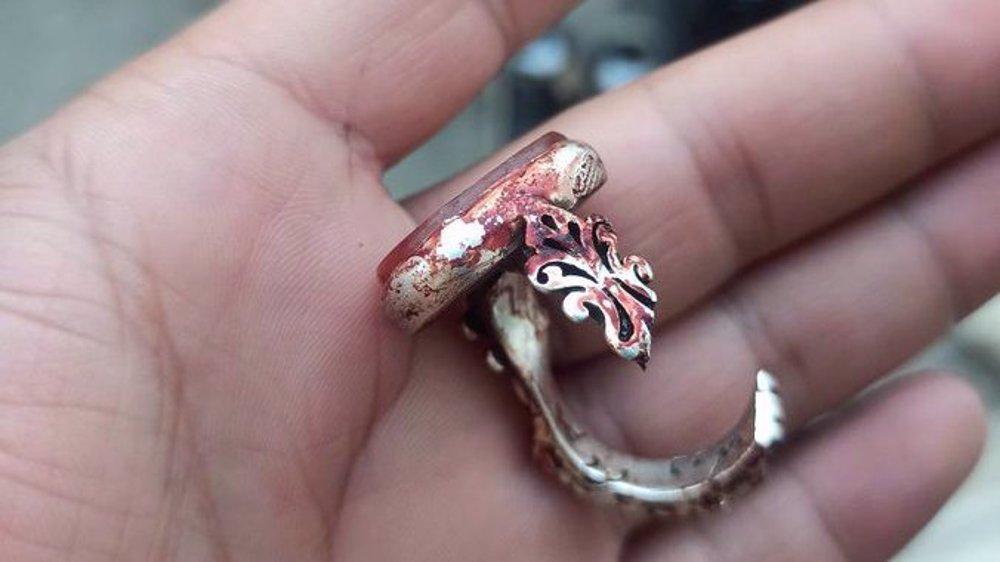
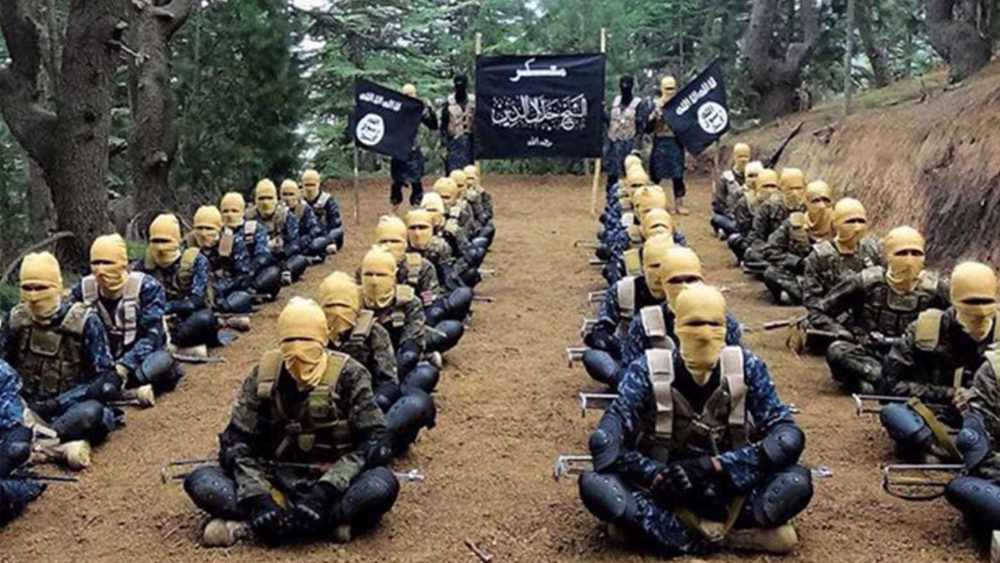
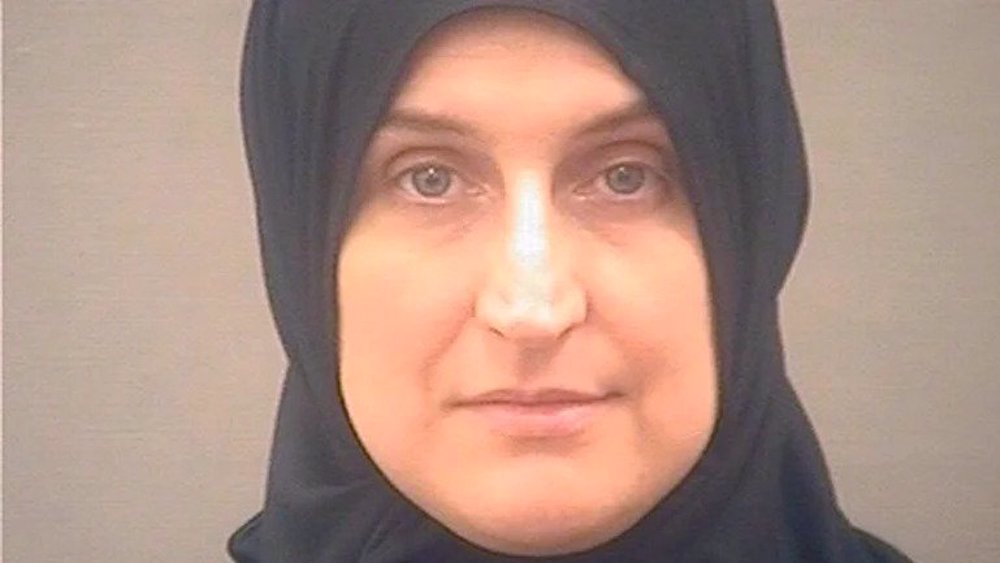
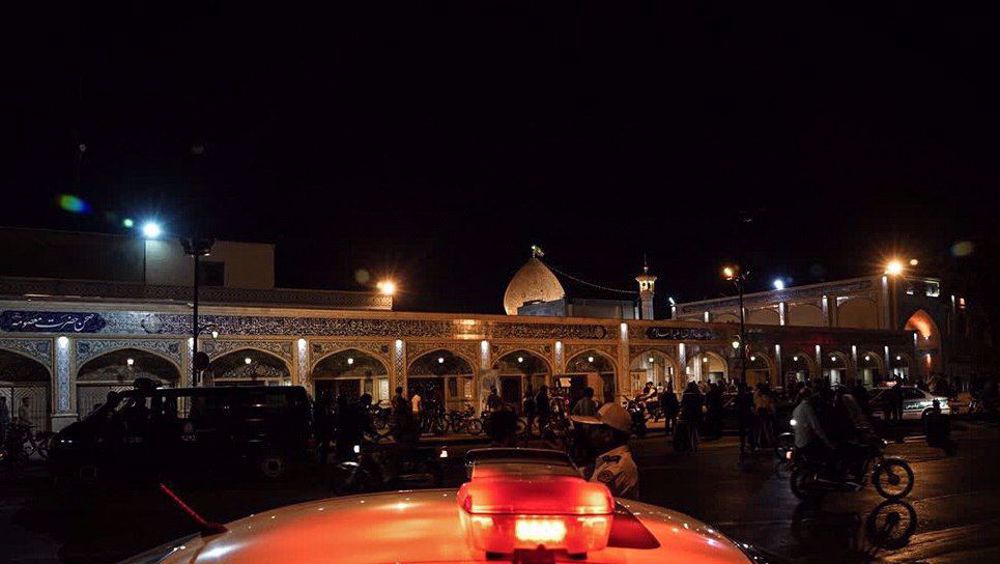
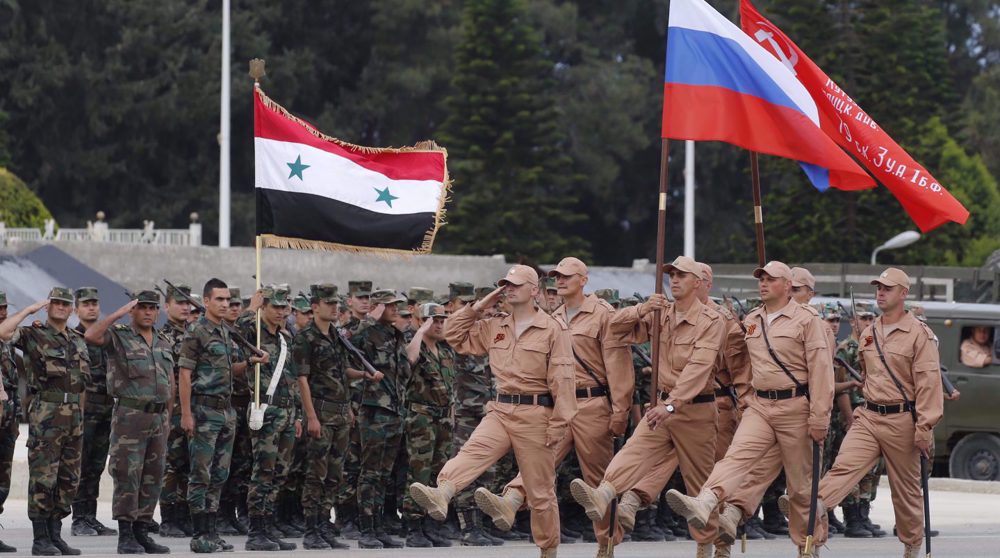
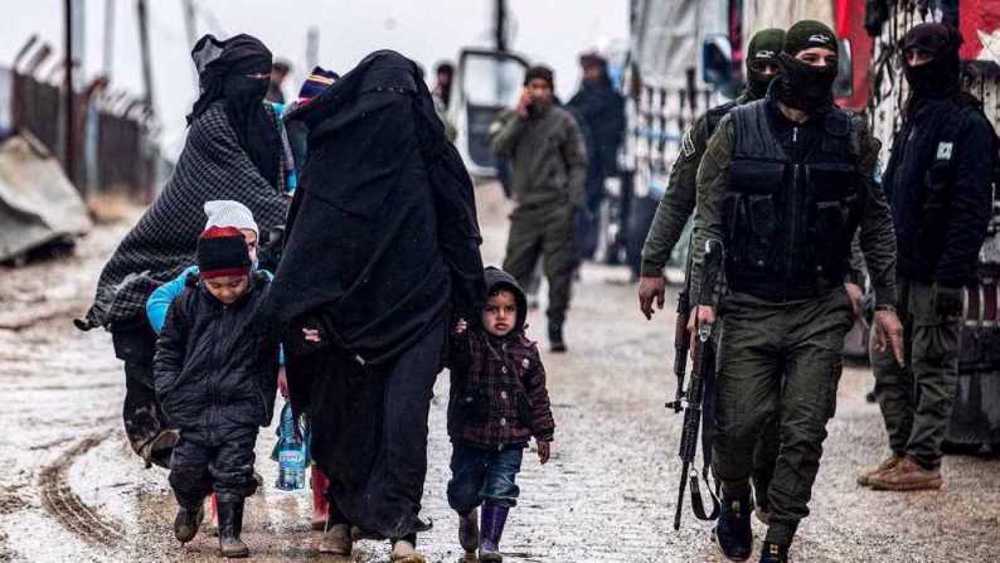
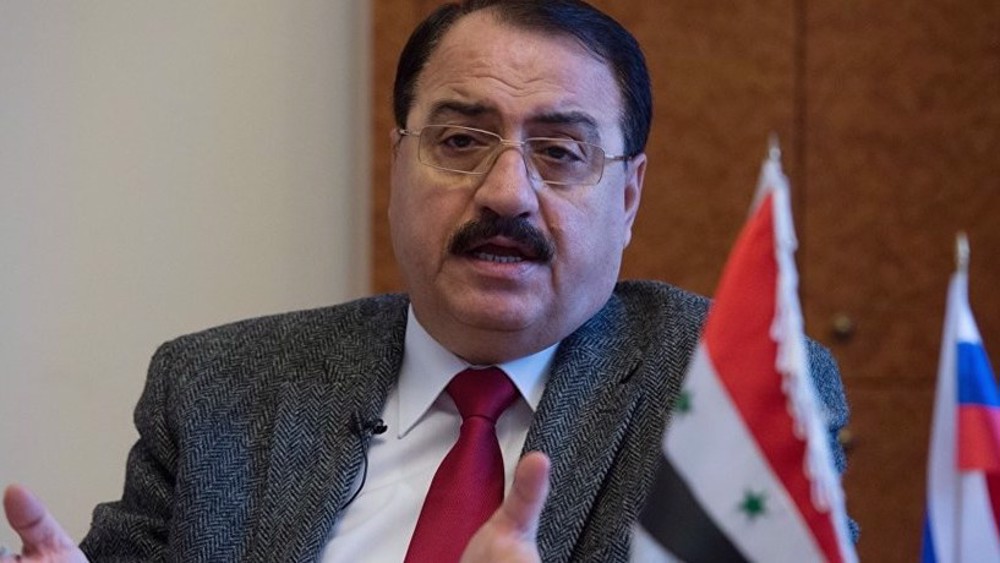
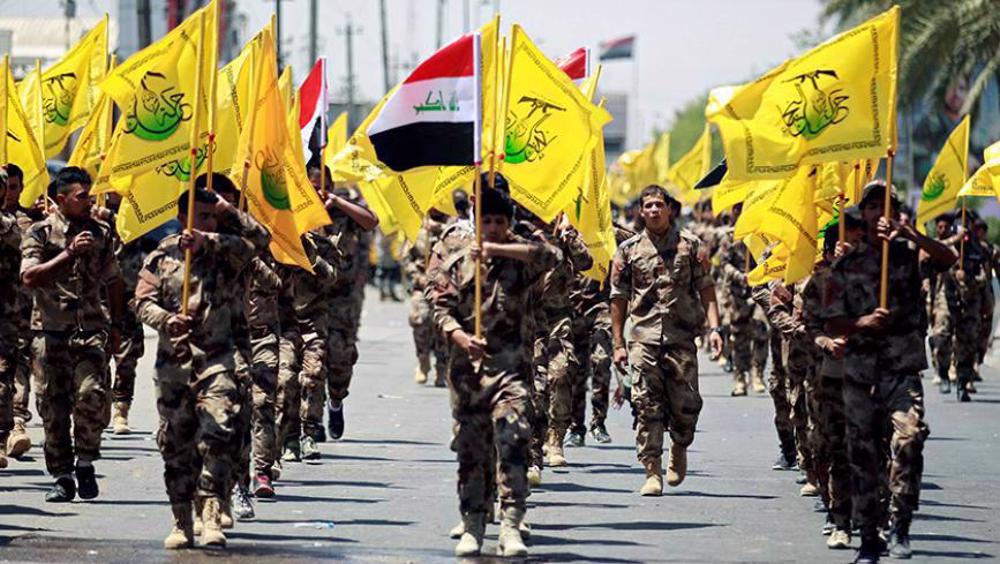

 This makes it easy to access the Press TV website
This makes it easy to access the Press TV website